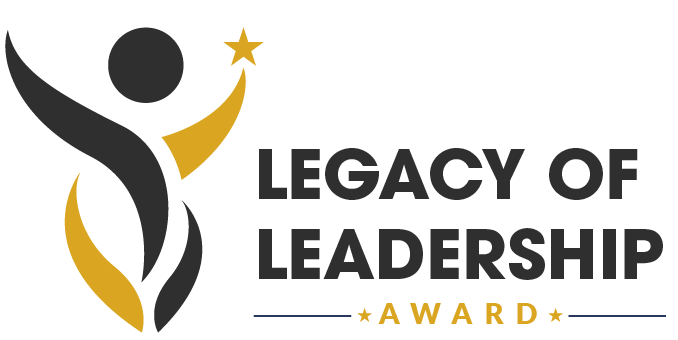The HR Leader of the Year award celebrates exceptional individuals who have demonstrated outstanding leadership, innovation, and impact in the field of human resources. Nominees for this prestigious accolade are visionary leaders who have transformed their organizations through effective people management strategies, fostering a culture of growth, inclusion, and employee well-being. Whether through talent acquisition, development, or retention initiatives, these leaders exemplify excellence in navigating the complexities of the modern workplace. The award recognizes their contributions to organizational success, employee engagement, and the advancement of HR practices, highlighting their role in shaping the future of work.
ELIGIBILITY
Eligibility for the HR Leader of the Year award requires candidates to hold a leadership role in human resources, showcasing strategic impact, innovative practices, employee engagement, industry recognition, ethical leadership, and measurable results. Candidates must demonstrate achievements such as improved organizational performance, culture enhancement, and talent development. Recognition from reputable sources and a commitment to ethical HR practices are essential. These criteria ensure a comprehensive evaluation of candidates who excel in shaping organizational success, fostering employee well-being, and advancing HR practices.
Judging Criteria
Judging criteria for HR Leader of the Year encompass strategic vision, leadership impact, innovation, employee development, diversity initiatives, ethical leadership, and measurable impact. Leaders are evaluated on their ability to align HR strategies with organizational goals, empower teams, innovate HR practices, foster employee growth, champion diversity and inclusion, uphold ethical standards, and achieve tangible results. These criteria ensure a holistic assessment of candidates who excel in driving positive change, fostering employee well-being, and advancing HR practices. Ultimately, the award recognizes those who have made significant contributions to organizational success and employee engagement through exemplary HR leadership.
QUALITATIVE CRITERIA
Qualitative criteria for HR Leader of the Year include strategic vision, leadership impact, innovation, employee development, diversity initiatives, ethical leadership, and organizational culture. Leaders are assessed on their ability to align HR strategies with organizational goals, empower teams, introduce innovative practices, foster employee growth, champion diversity, uphold ethical standards, and cultivate a positive work environment. These criteria ensure a holistic evaluation of HR leaders who drive positive change, promote employee well-being, and advance organizational success through exemplary leadership in human resources. Ultimately, the award recognizes those who have made significant contributions to shaping the future of work and enhancing the employee experience.
METRICS
Metrics for HR Leader of the Year include employee engagement scores, turnover rates, training and development participation, diversity metrics, and performance appraisal results. Additionally, metrics may encompass talent acquisition metrics such as time-to-fill and quality of hires, as well as employee satisfaction surveys and retention rates. Leadership effectiveness can be measured through 360-degree feedback assessments and leadership development program participation. These quantitative measures provide insights into the effectiveness of HR strategies, the impact on organizational culture, and the alignment of HR initiatives with business goals. Overall, these metrics help identify areas of success and areas for improvement in HR leadership.
ADDITIONAL CRITERIA
Additional criteria for HR Leader of the Year may include change management effectiveness, HR technology adoption, employer branding initiatives, community involvement, and crisis management capabilities. Change management effectiveness assesses the leader's ability to navigate organizational changes smoothly, ensuring minimal disruption to employees. HR technology adoption evaluates the implementation and utilization of technology solutions to streamline HR processes and enhance efficiency. Employer branding initiatives measure efforts to enhance the organization's reputation as an employer of choice, attracting top talent. Community involvement assesses the leader's engagement in social responsibility initiatives. Crisis management capabilities evaluate the leader's effectiveness in handling HR-related crises and mitigating risks to the organization's reputation.






